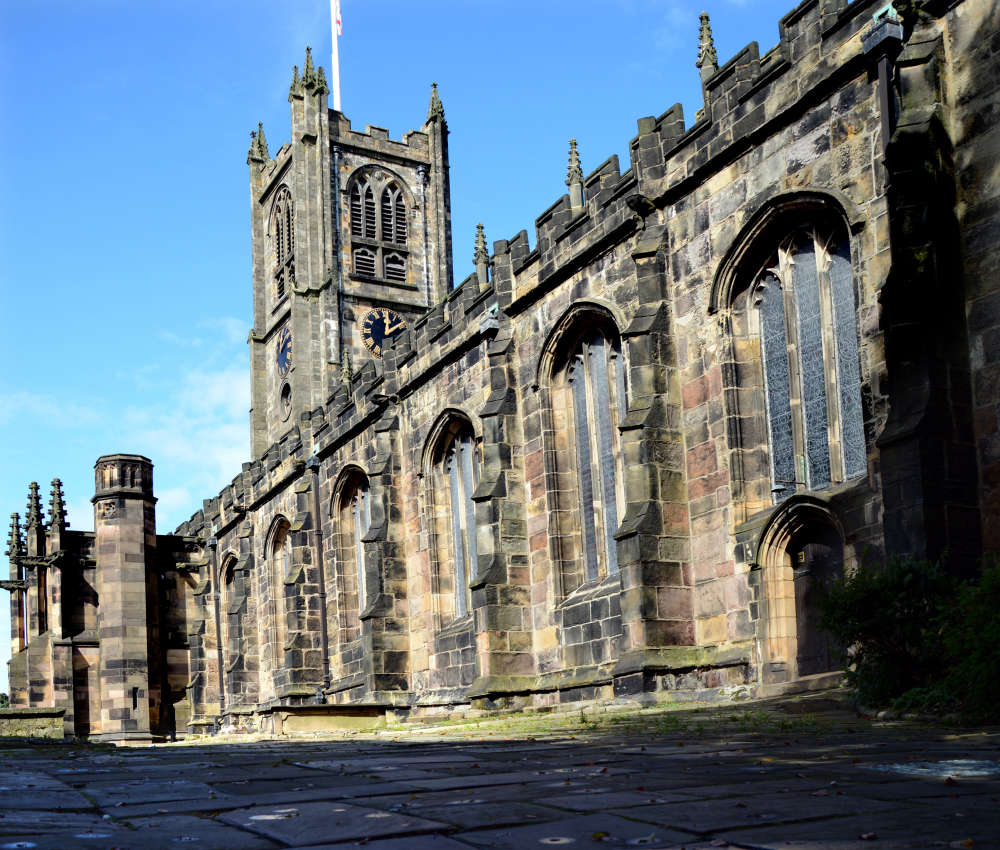
Job opportunities are being created as part of a major heritage project reflecting on Lancaster’s links to the transatlantic slave trade.
Immediate recruitment has begun for nine exciting roles to work on Facing the Past which begins in September. Further creative roles will follow in the autumn.
The project is looking for freelancers to devise and deliver heritage trails, two project managers, a project co-ordinator, a public relations and communications specialist, a festival director, film-maker, an evaluator, and creative workshop leaders.
Between them they will produce a festival, digital trail, training for primary school teachers, partners and artists, and undertake further research to strengthen the public understanding of Lancaster’s connections with the slave trade.
Programme director, Kit Abramson said: “This is an incredibly exciting and important opportunity to re-address the omission in Lancaster’s history. The next 14 months will see an explosion of activity in schools, on the streets and online. We are building a team to help bring to life the narrative of the city and searching for the right team to make a difference to local knowledge and understanding.”
The deadline for applying for the roles of heritage professional and New Insights project manager is August 7, starting as soon as possible. Information on all the opportunities and application procedures are available at https://lancasterpriory.org/about/vacancies/
Facing the Past is supported by the National Lottery Heritage Fund and is steered by representatives of key partners who have brought together a wide range of community, heritage and faith groups from across the city including Lancaster Black History Group.
The main aim of Facing the Past is to reflect, reveal and redress omissions in the way the city has so far commemorated its role in the transatlantic slave trade.
From 1736 to 1806, Lancaster was the fourth largest port in England for transatlantic slavery, a trade which made several Lancastrians very wealthy. Their names are reflected in the city’s buildings, institutions and streets.



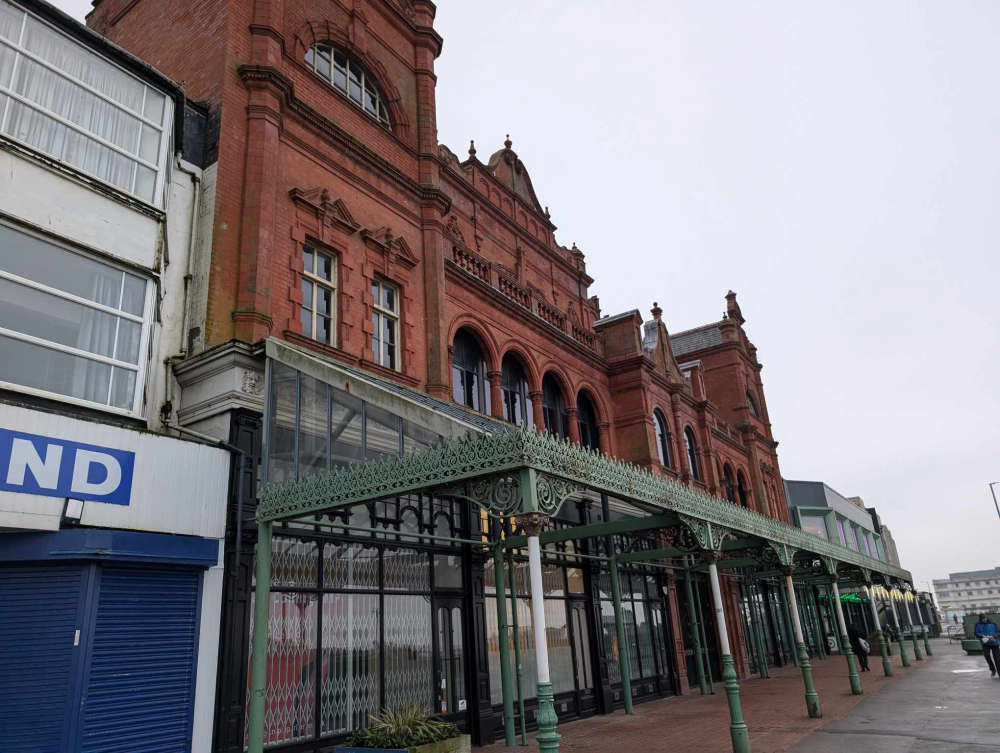 Morecambe Winter Gardens to open to public for new season
Morecambe Winter Gardens to open to public for new season
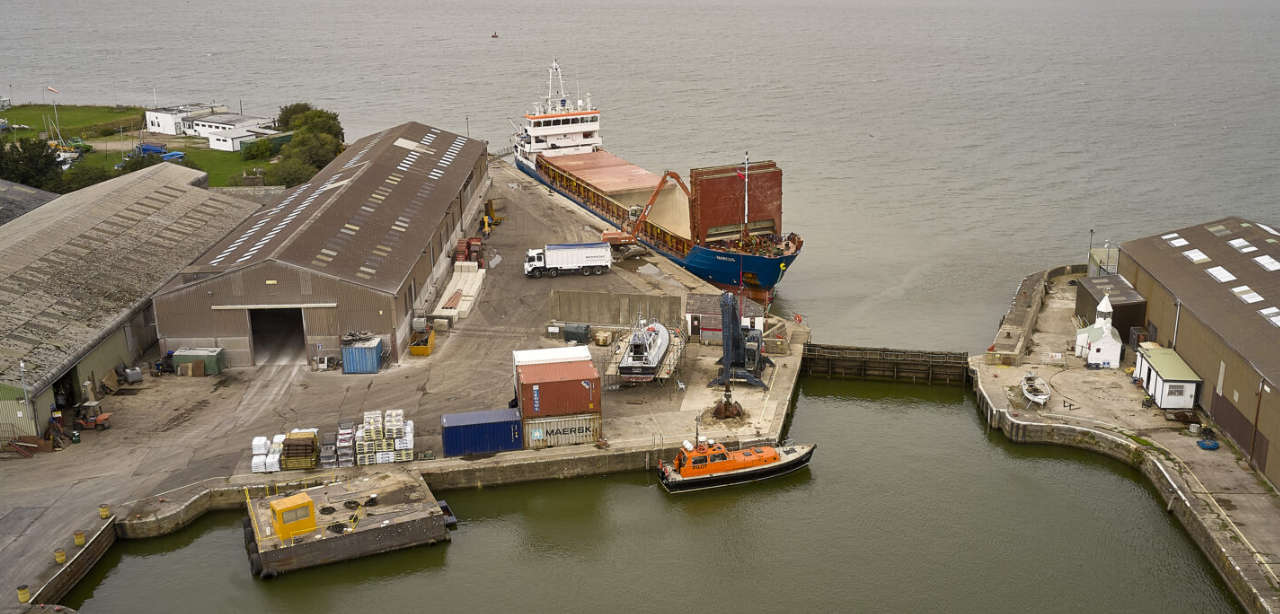 Cash for repairs to Lancaster Port gate announced in £6.5m flood defence package
Cash for repairs to Lancaster Port gate announced in £6.5m flood defence package
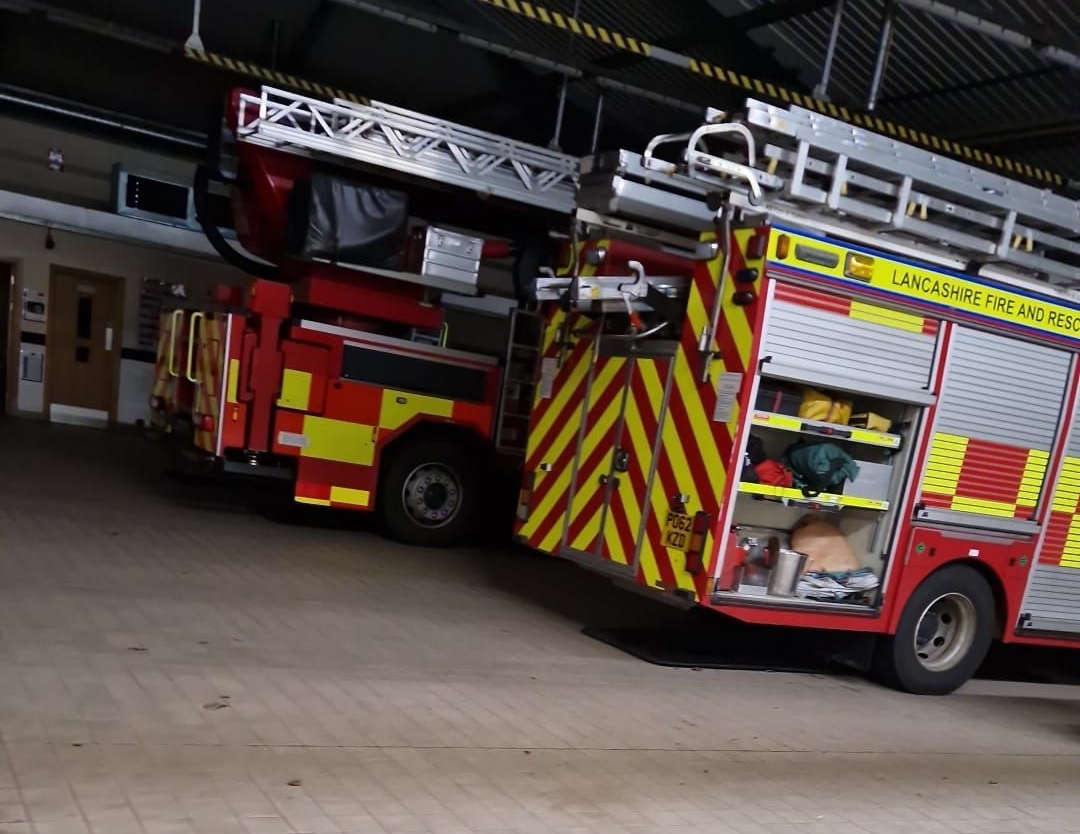 Carnforth fire crews issues safety advice after tackling blazes in the open
Carnforth fire crews issues safety advice after tackling blazes in the open
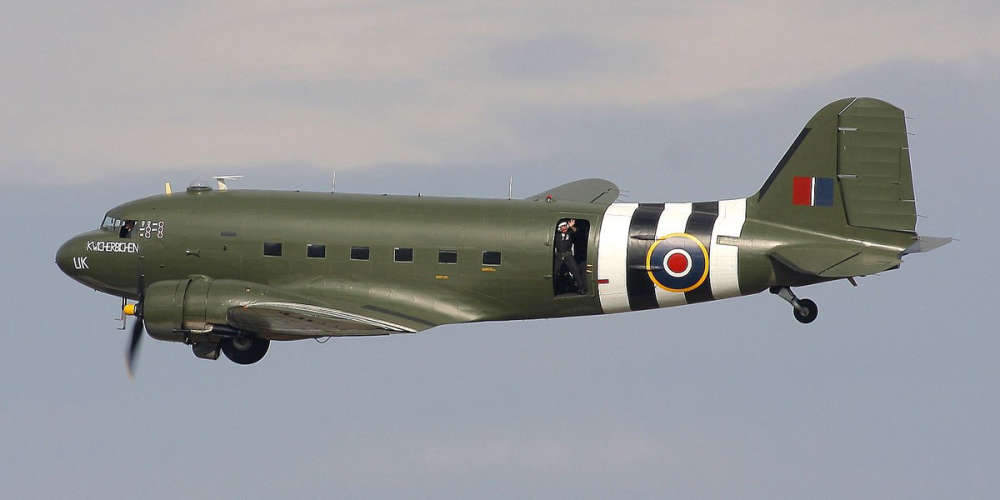 EXCLUSIVE: Battle of Britain Dakota display announced for Armed Forces Day in Morecambe
EXCLUSIVE: Battle of Britain Dakota display announced for Armed Forces Day in Morecambe
 Heysham school to open new nursery after government cash boost
Heysham school to open new nursery after government cash boost
 Local election candidates announced
Local election candidates announced
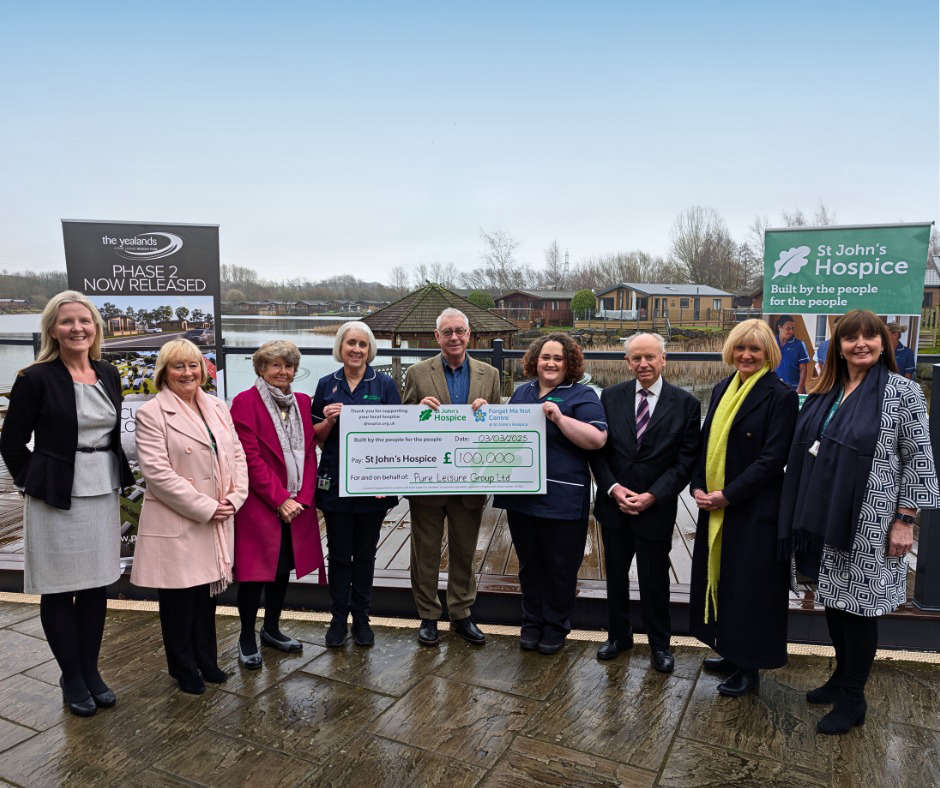 Holiday park empire donates £100K to Lancaster hospice
Holiday park empire donates £100K to Lancaster hospice
 Lancaster and Morecambe events will 'Spring into Action' over food
Lancaster and Morecambe events will 'Spring into Action' over food
 Lancaster City Council shortlisted for four local government awards
Lancaster City Council shortlisted for four local government awards
 Man pleads guilty to Heysham murder
Man pleads guilty to Heysham murder
 Driest March in Lancaster since records began
Driest March in Lancaster since records began
 Pioneering Morecambe 'podcast' from 1980s unearthed after 44 years
Pioneering Morecambe 'podcast' from 1980s unearthed after 44 years
 Lorry driver from Morecambe arrested after positive roadside drug test
Lorry driver from Morecambe arrested after positive roadside drug test
 Hundreds raised after vandalism to Lancaster hospice shop
Hundreds raised after vandalism to Lancaster hospice shop
 Plans under way to bring spring flowerbed planting back to Morecambe
Plans under way to bring spring flowerbed planting back to Morecambe
 New cycle and pedestrian friendly crossing completed in Morecambe
New cycle and pedestrian friendly crossing completed in Morecambe
 INTERVIEWS: Morecambe Bay visitor guide launched with high hopes for tourist season
INTERVIEWS: Morecambe Bay visitor guide launched with high hopes for tourist season
 Council looking at ways to fund £1m refurb of village hall in Carnforth
Council looking at ways to fund £1m refurb of village hall in Carnforth
 Pan-disability game at Morecambe FC will raise awareness of autism
Pan-disability game at Morecambe FC will raise awareness of autism
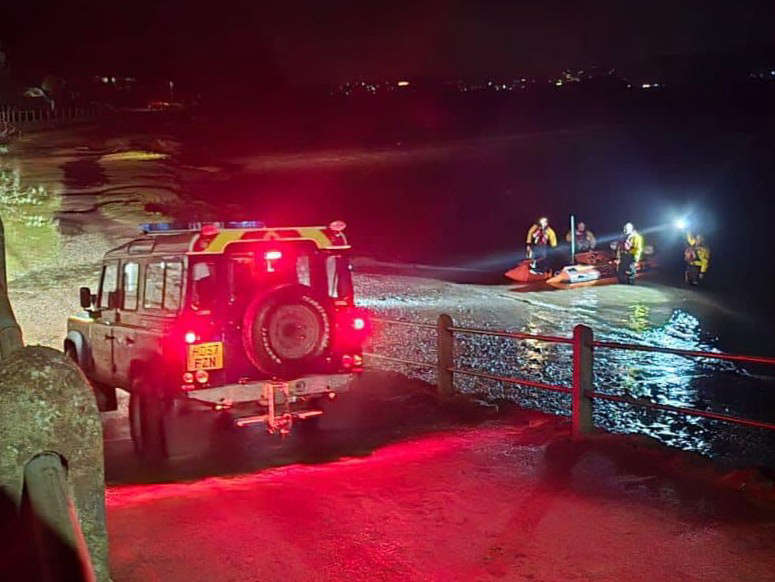 Morecambe lifeboat crew respond to reports of ‘flashing lights and red flares’
Morecambe lifeboat crew respond to reports of ‘flashing lights and red flares’



